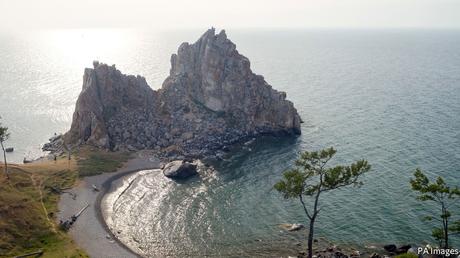
ON AN early winter morning, with temperatures below -20ºC and a fierce wind whipping off the water, Vasily Sutula, the stern, moustachioed director of a nature reserve on the shores of Lake Baikal, happily surveyed a dozen young volunteers. The youngsters declared the day dubak, slang for a freeze deeper than the standard Russian word for cold, kholod, can convey. Yet they had come to work nonetheless. Coats zipped, they set off for the forest to clear dead trees.
The volunteers' presence is just one small sign of shifting tides in the battle for Baikal, which holds a fifth of the world's unfrozen fresh water. Environmentalists won a big victory with the closure in 2013 of the Baikal Pulp and Paper Mill (BPPM), a belching behemoth that had dirtied the waters for decades. Yet even as the pollution from the mill has waned, tourist flows have waxed, creating new pressures on an ecosystem that UNESCO warns is "under significant stress"....
The Economist: Europe

